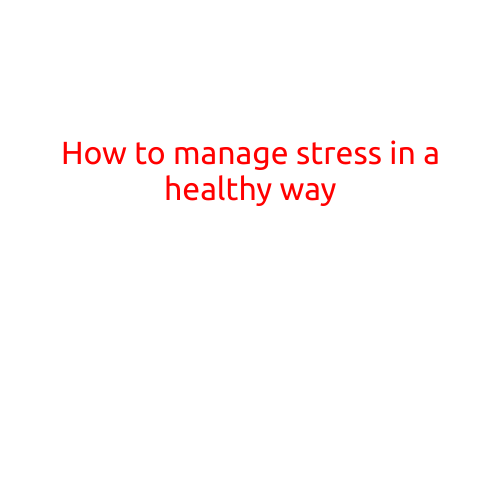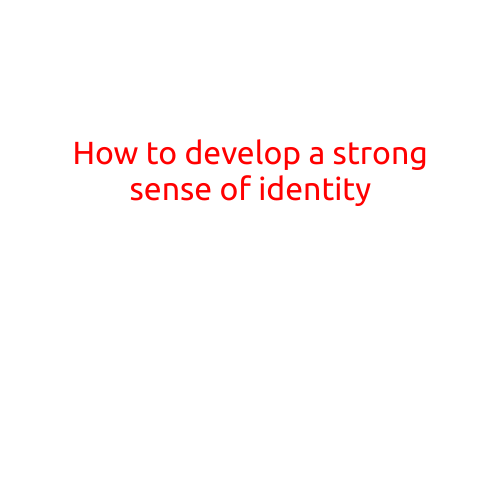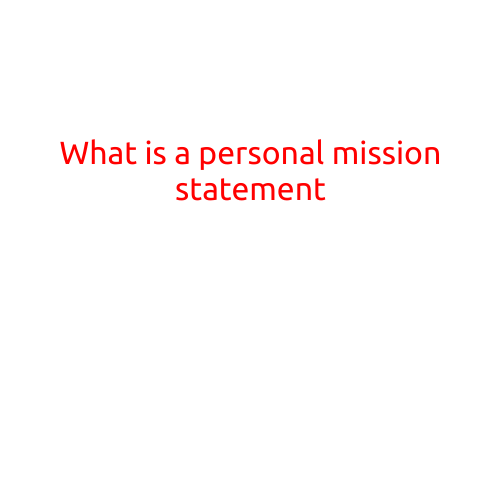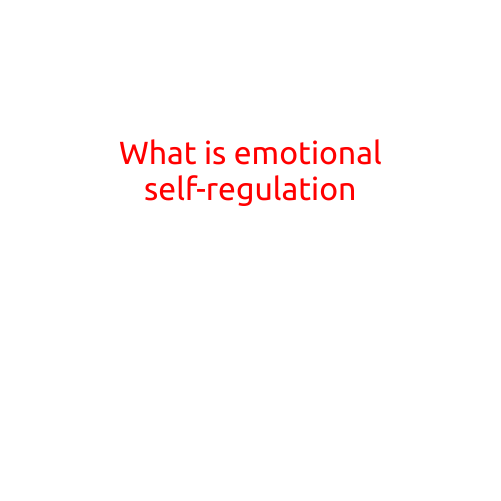
How to Manage Stress in a Healthy Way
Stress is an inevitable part of modern life, but how we manage it can make all the difference in our overall well-being. Chronic stress can lead to a range of physical and mental health problems, from anxiety and depression to digestive issues and sleep disturbances. However, by learning effective stress management techniques, you can reduce your stress levels and improve your resilience to adversity.
Identify Your Stressors
The first step in managing stress is to identify the sources of stress in your life. Take some time to reflect on the things that cause you the most anxiety, worry, or frustration. Is it work-related, personal, or a combination of both? Once you have a clear understanding of what’s causing your stress, you can start working on strategies to address each of these areas.
Exercise and Physical Activity
Regular exercise is one of the most effective ways to reduce stress and anxiety. Physical activity stimulates the release of endorphins, also known as “feel-good” hormones, which can improve your mood and reduce feelings of tension. Aim to engage in at least 30 minutes of moderate-intensity exercise per day, such as brisk walking, cycling, or swimming.
Mindfulness and Meditation
Mindfulness and meditation are powerful tools for managing stress. These practices involve focusing your attention on the present moment, without judgment or distraction. Regular mindfulness and meditation practice can help reduce symptoms of anxiety and depression, improve sleep quality, and increase feelings of calm and relaxation.
Time Management and Prioritization
Poor time management and prioritization can lead to feelings of overwhelm and stress. By prioritizing your tasks and managing your time effectively, you can reduce your stress levels and increase your sense of control. Try using a planner, calendar, or task list to keep track of your activities and deadlines.
Social Support and Connection
Social connection and support are essential for managing stress. Surrounding yourself with positive, supportive people can help you feel heard, validated, and understood. Make time for activities that bring you joy and connection with others, such as hobbies, volunteering, or spending time with loved ones.
Relaxation Techniques
Relaxation techniques, such as deep breathing, progressive muscle relaxation, and visualization, can help calm your mind and body. These techniques can be done anywhere, at any time, and can provide immediate relief from stress and anxiety.
Seek Professional Help
If you’re experiencing chronic stress that’s impacting your daily life, it may be helpful to seek professional help. A mental health professional can help you identify the underlying causes of your stress and develop coping strategies tailored to your unique needs and circumstances.
Additional Tips
- Practice self-care by getting enough sleep, eating a balanced diet, and engaging in activities that bring you joy and relaxation.
- Avoid procrastination by breaking down large tasks into smaller, manageable steps.
- Learn to say “no” to commitments that drain your energy and say “yes” to those that nourish your mind, body, and spirit.
- Take breaks throughout the day to stretch, move your body, and rest your eyes.
Conclusion
Managing stress in a healthy way requires a combination of effective coping strategies, self-care practices, and a willingness to seek help when needed. By learning to identify and manage your stressors, exercising regularly, practicing mindfulness and meditation, prioritizing your time and tasks, seeking social support and connection, and using relaxation techniques, you can reduce your stress levels and improve your overall well-being. Remember, taking care of yourself is not selfish - it’s essential for living a happy, healthy, and fulfilling life.





